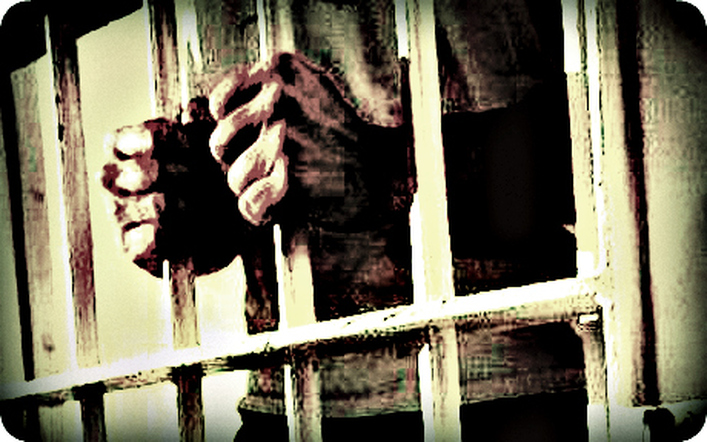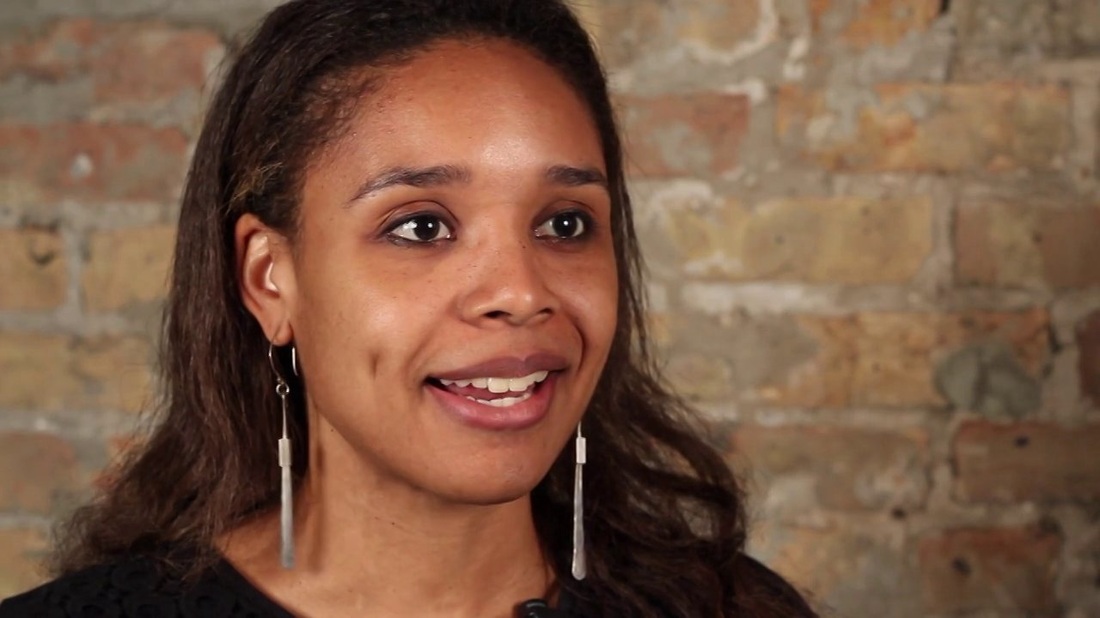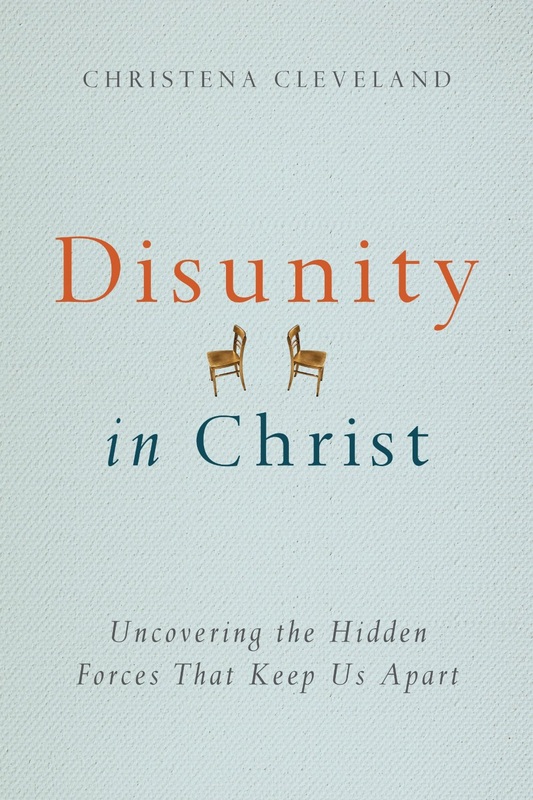|
Sometimes pastors can be prisoners. Are you a prisoner? To your own expectations? To others’ impossible standards? To your church’s culturally imposed requirements? To your denomination’s ministerial mold? To your board’s unintentionally hurtful demands? Are you a prisoner to your sense of failure, lack of achievement, or low self-esteem? To your crazy, unworkable, marginless schedule? To your addiction to games, video, screens, substances, or other ministry-excluding practices?
Pastors can be prisoners. Especially when they do not have the freedom to be themselves. Can you just be yourself? Or is being yourself somehow antithetical to what you, your church, or your denomination expects from a “good pastor”? This week on the podcast, episode #87, we talk with our friend Erik Anderson. Erik got to the point in his life and ministry where both were unsustainable. He was a prisoner to how he was doing ministry. He was a manic worker – even working in the middle of the night. He was driven, but by what? He was alienating himself from his wife. He was “doing ministry” in an untenable way. One day Humpty Dumpty fell off the wall. Erik tells his story, and we have the opportunity to perhaps find a piece of our story in his. Years ago one pastor recounted how he had been so busy, busy, busy in ministry, that he finally got to the place where he had to admit to God, “Father, the way I am doing the work of God in the ministry, is destroying the work of God in my own heart.” You might be on either end of the work continuum: you might be the workaholic, or you might be the lazy pastor. Both are unsustainable. Both will catch up with you. Maybe you are right in the middle. Everything is just right. You’ve got all your ducks in a row. You’re very predictable, very scheduled, very organized. Your calendar is appropriate and your plans are set. Even the Holy Spirit can’t surprise you! One thing is certain, if we are not working with Jesus in building his Kingdom, we are on our own. And if we are on our own, we are powerless. If we serve in ministry, practicing being aware of the presence of God, and walking in the Spirit, arm in arm and shoulder to shoulder with God – we can face anything that life or ministry can throw at us. Jesus frees us. Without Jesus, we are prisoners. Prisoners to all of the above expectations and conditions we already outlined. Erik’s story on Wednesday’s podcast episode will encourage you. We are excited to share it with you. It’s our gift to you. Because, sometimes, pastors can be prisoners. If you enjoyed this post, you would enjoy Episode 44 - The Pastor's Self-Care. Everybody wants to talk about race. Nobody wants to talk about race. Probably one of the most life-changing things I ever learned was this: race isn’t about skin color, it’s about power. Even as I write that, I know there are some who disagree. Many think that race is skin color, and that’s all. In this thinking, the term “racism” usually only refers to one person actively thinking less of another person because of the color of their skin.
If you follow this thinking, ideas like “systemic racism,” “white privilege,” and “Black/Latino/Asian experience” are liberal academic ideas, unrelated to the real interworking of American society. This view led one popular political firebrand to recently proclaim: “there is more cholera than racism in America.” She came to this conclusion because her definition of racism is very narrow. We have laws against discrimination, so racism is dead. Race has become a politicized issue. Unfortunately, labels like “liberal,” “conservative,” “left,” and “right” start to define positions and people start to take sides. As pastors, our concern should have nothing to do with politics, and everything to do with the people of God. We all have our own political opinions, but those opinions mean nothing to me compared to how I feel about the witness of the Church to the world. And I’m worried about our witness. I’m worried that the Church is the most segregated institution in America. I’m worried that many Christians put their political beliefs, left or right, ahead of their concern for their neighbor. I’m worried that we worship a God who became human and understands the human experience, but we more often than not don’t try to understand the experiences of our brothers and sisters. Truthfully, I’m worried for my sons and the world they are going to live in. That Joseph, our son who was adopted from Nigeria, will have troubles and concerns that our biological son Asher will never have breaks my heart. I know the world is broken in ways that only Jesus can heal, but I’m worried that we who make up the body of Jesus aren’t doing the healing. I believe that race is a social construct that is primarily about power, not skin color. As a white male, I recognize that I occupy a space of privilege in society that minorities do not. That does not mean that a minority can’t be successful or a white person can’t struggle through life, nor do I think it means that all white people are terrible and racist. What it means is that my culture is the “default” setting for media, education, marketing, and even Christianity. It means that I’m the “tall guy,” the “guy with long hair,” or the “loud and crazy guy,” but never the “white guy.” It means that I don’t get second looks when I walk into stores or profiled for my race by police. It means that I can move freely through life without wondering if my skin tone is causing alarm, generating stares, creating curiosity, or even becoming a topic of conversation. I have default status. The reality is that I wouldn’t recognize any of this if I didn’t take the experiences of minorities seriously. If I didn’t have Hispanic friends who had to constantly hear Mexican jokes despite not being from Mexico. If I didn’t listen to black friends talk about being followed through stores by security or being pulled over simply so a police officer could “find out what they were up to.” If I didn’t talk about race, and more importantly, if I didn’t listen about race, I wouldn’t know that people are hurting. That people are being made to feel less than. That people are being otherized in every sphere of society. As a follower of Christ, I affirm the inherent dignity of every human as an image bearer of God. And as a Christian, I believe the Church must be a space where Paul’s incredible vision of radical equality found in Galatians 3:28 is a reality. Unfortunately, there will always be inequality and stratification in society. I celebrate how far American society has come, but I am heartbroken by the realization that until Jesus comes, the world can never be fixed. But I have hope that the body of Christ can be a beacon to the watching world. That the Church can be a place where all nations gather together to worship, each bringing a unique and beautiful experience that enriches how we all understand and honor God. I have hope that we can talk about race and love our neighbors for the people that God created them to be. And I have hope that, in Christ, we can be a people who are always more concerned with the dignity and experiences of others than we are for ourselves. That’s what Christ did for us, and what he’s called us to do for others.
Jeff and Jonny had the best time talking with Christena Cleveland on the campus of Bethel University recently. We "just happened" to set up a remote 200churches Studio at Bethel, and Christena "just happened" to stop by to talk with us!
Christena was unbelievably delightful to talk with and we are so happy to share our conversation with you. We got into the subject of race and reconciliation, so if you hear some things that you don't normally hear, we ask you to listen very closely, and we guarantee you will gain some great perspectives from Dr. Cleveland. In the podcast episode Christena talks about resources on her website for small church pastors to use to begin thinking about how they can help their churches remove the barriers between groups separated by age, economic status, health, or race. You can find those resources on her page here. Can we introduce her by the following video clip? Then below the video, we'll give you more information from her website at ChristenaCleveland.com.
Christena Cleveland is a social psychologist, author, speaker and professor with a hopeful passion for overcoming cultural divisions in groups. Drawing from a vast body of research, she uncovers the underlying processes that affect relationships within and between groups and helps leaders understand how to promote an appreciation for diversity and build effective collaborations with diverse groups.
In 2014, Christianity Today magazine named her one of “33 Under 33” (millennials leading the next generation of Christian faith) and JET magazine identified her one as of 5 “online shepherds to follow.” Christena is the author of Disunity in Christ: Uncovering the Hidden Forces that Keep Us Apart, a 2013 Leadership Journal Book Award winner. She’s currently writing The Priesthood of the Privileged (InterVarsity Press) which examines power and inequality in the Church. She earned a B.A. from Dartmouth College and a Ph.D. from the University of California Santa Barbara. An award-winning researcher and gifted teacher, she has published numerous scholarly articles and is an associate professor of reconciliation studies at Bethel University. Beyond academic experience, Christena brings organizational experience to her efforts to build unity. She coaches pastors and leaders on multicultural issues and speaks regularly. |
Welcome to the 200churches blog! We have hundreds of posts covering every issue imaginable. So pull up a chair, pour a cup of coffee, and stay awhile.
|







 RSS Feed
RSS Feed